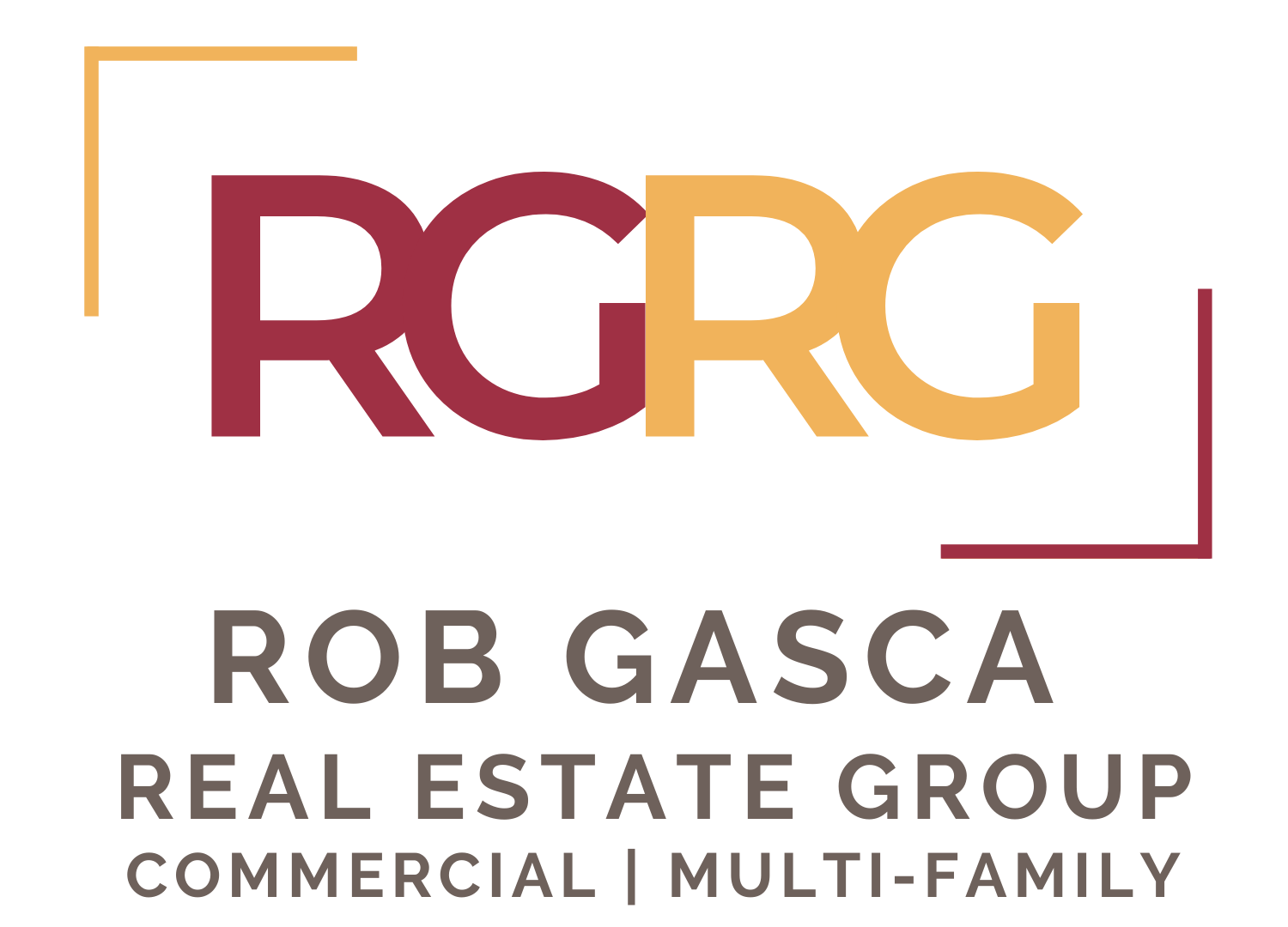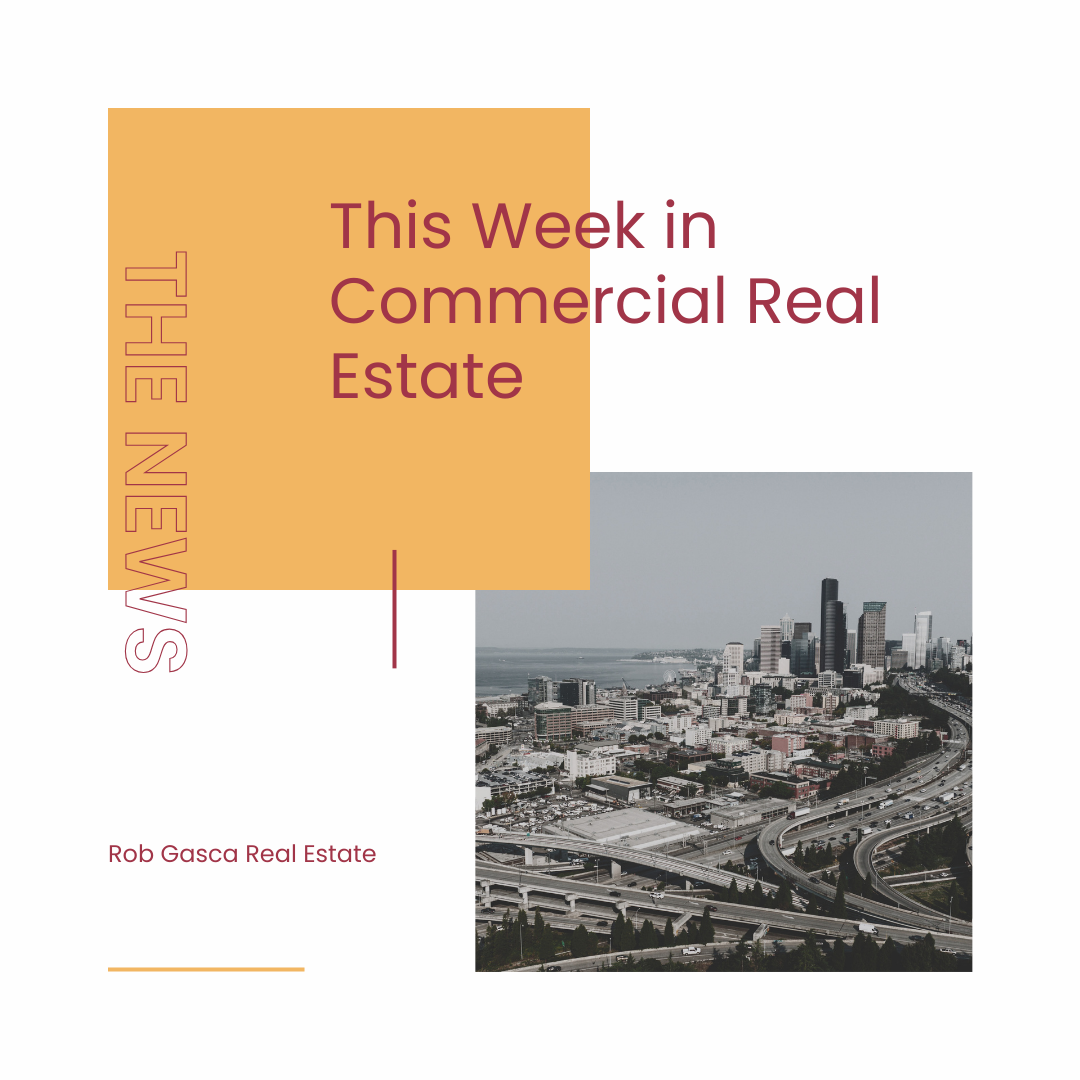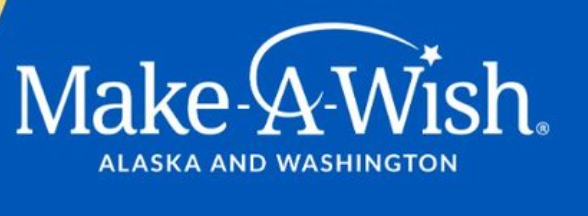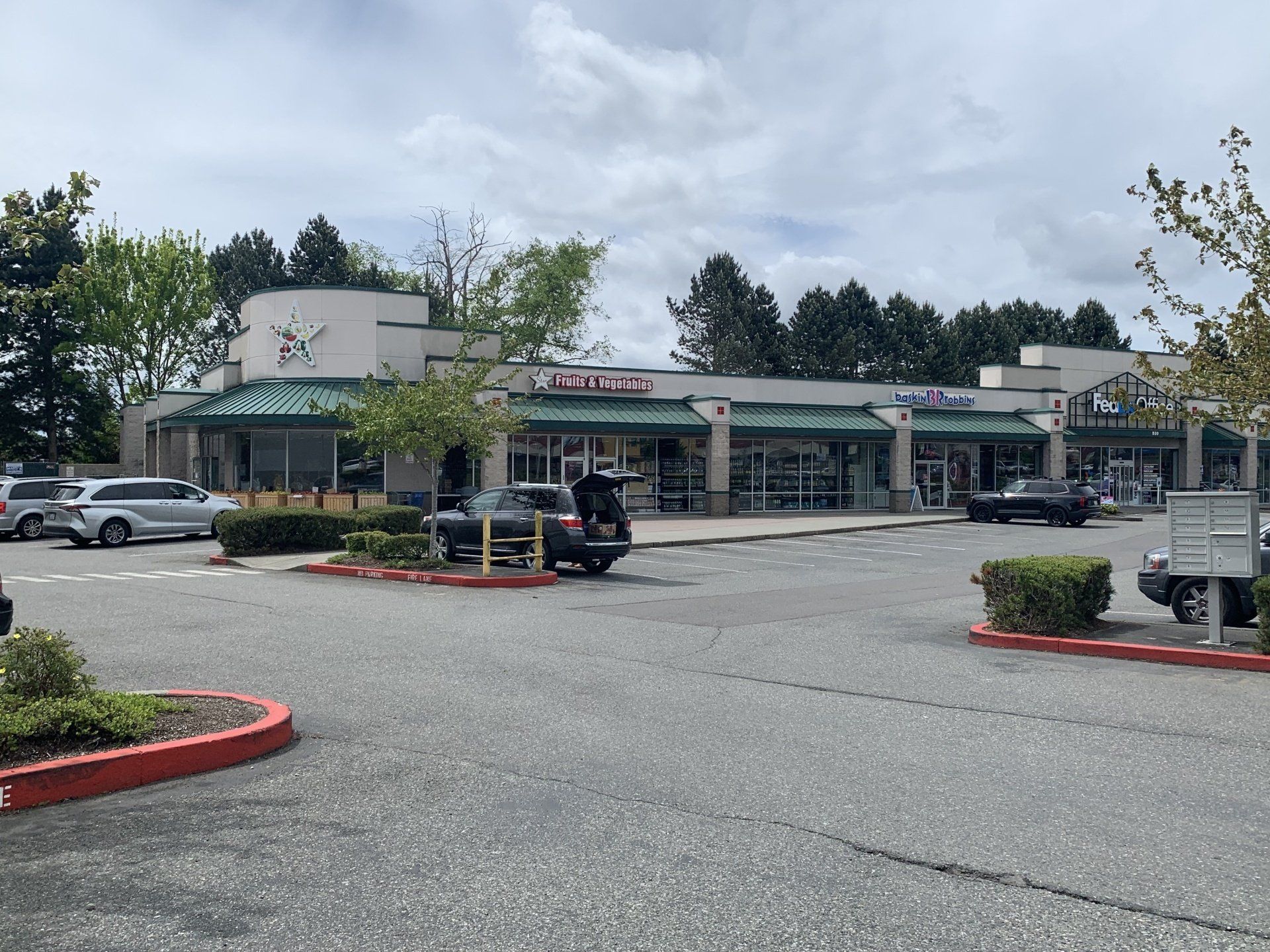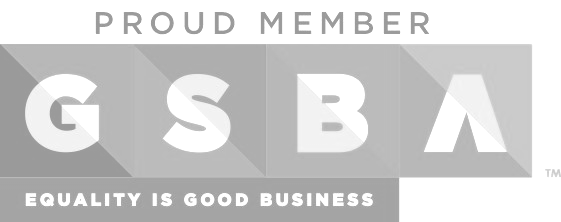Washington Passes Statewide Rent Stabilization Bill
On May 7, 2025, Governor Bob Ferguson signed House Bill 1217 into law—ushering in Washington state’s first-ever statewide rent stabilization policy. The new law aims to address rising housing costs and provide more security for renters, who make up nearly 40% of the state’s population.
Here’s what you need to know:
What Does HB 1217 Do?
HB 1217
1. Caps on Rent Increases
Under the new law, most residential landlords can’t raise rent by more than the lesser of 7% plus CPI or 10% per year.
- For manufactured and mobile homes, the cap is set at 5% annually.
2. 90-Day Notice Requirement
Landlords must now give at least 90 days' notice before increasing rent—up from the previous 60-day rule. This gives tenants more time to plan and adjust to changes. Cities with stricter notice rules (such as Seattle who requires 180 days’ notice), the stricter rules apply.
- Landlords must include detailed justifications if they claim any exemption to the rent cap.
3. Lease Termination Rights
If a rent hike exceeds the legal cap , tenants can break their lease with just 20 days’ notice, any time after the rent increase notice is served but before it goes into effect.
4. Exemptions to the Rule
Certain properties are not subject to the rent cap:
- New construction (for the first 12 years)
- Owner occupied single-family dwellings with no more than 2 bedrooms/units leased out
- Owner-occupied duplexes, triplexes, and fourplexes, where the owner has occupied a unit before a tenant's tenancy began, it is the owner’s principal residence, and they continue to live there.
- Public and some affordable housing developments
5. Additional Protections for Tenants
The bill includes other renter-friendly measures, such as:
- Equal rent protections for both month-to-month and fixed-term leases
- A new Landlord Resource Center to help owners comply with the law
- Enforcement authority given to the Attorney General to go after landlords who break the rules
6. Enforcement and Penalties
- The tenant or Attorney General may bring legal action to force the landlord into compliance and damages consist of:
- Excess rent, fees, or other costs paid by the tenant
- Up to 3x the unlawful rent/fees/costs charged by the landlord
- Reasonable attorney’s fee and costs
- Civil penalties of up to $7,500 for each violation
7. Reporting Restrictions
Landlords cannot report unpaid rent to screening services if the rent increase was unlawful.
Washington is now the third state in the country—after Oregon and California—to pass statewide rent stabilization.
Disclaimer: This content is provided for informational purposes only and is not intended as legal advice or a substitute for professional guidance. Rob Gasca Real Estate Group does not provide legal counsel. We recommend consulting with a qualified attorney to understand how this legislation may apply to your specific situation.




